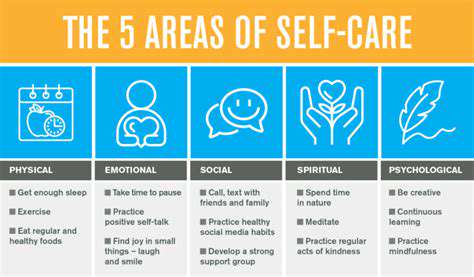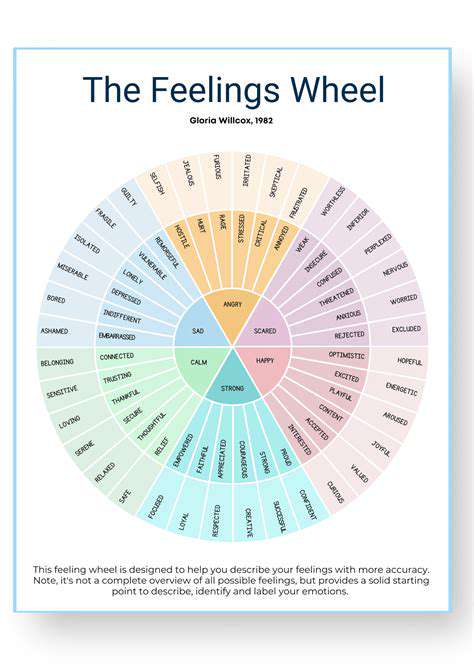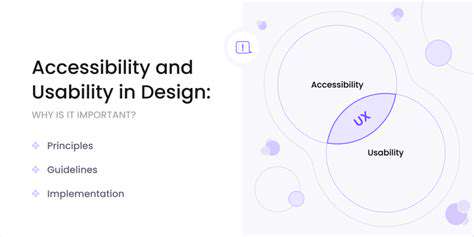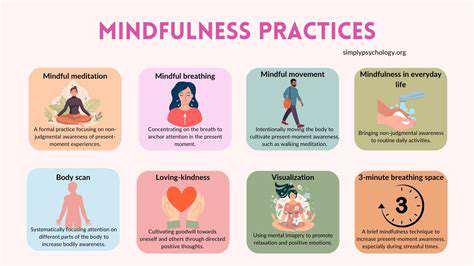Virtual Reality Therapy: AI Immersing You in Healing

Virtual Reality Therapy: A New Frontier in Mental Health
Mental health treatment is undergoing a quiet revolution through virtual reality (VR) therapy. Unlike traditional methods, this approach wraps patients in carefully constructed digital worlds where they can face their deepest fears without real-world consequences. These immersive environments provide therapists with unprecedented control over exposure intensity and pacing, creating ideal conditions for emotional healing. Imagine practicing social interactions or confronting phobias in a space where mistakes carry no permanent consequences - that's the revolutionary promise of VR therapy.
The true power of VR lies not in its visual spectacle, but in its ability to recreate specific life situations with startling accuracy. Patients struggling with social anxiety can rehearse job interviews, while those with PTSD can gradually revisit traumatic memories at their own pace. This technology particularly benefits individuals who find traditional talk therapy ineffective or overwhelming.
Tailoring VR Experiences for Specific Needs
What sets VR therapy apart is its chameleon-like adaptability. Each virtual environment can be fine-tuned like a musical instrument to resonate with a patient's unique psychological needs. A therapist might adjust everything from lighting to background noise to create the perfect therapeutic atmosphere.
For someone terrified of flying, the therapy might begin with simply sitting in a virtual airport lounge. As treatment progresses, the simulation could advance to taxiing down a runway, then eventually a full takeoff - all controlled by the therapist in real-time based on the patient's reactions.
Effectiveness in Addressing Specific Conditions
Clinical studies reveal VR's surprising versatility across mental health conditions. From calming panic attacks to rebuilding confidence after trauma, these digital environments show particular promise for anxiety disorders, specific phobias, PTSD, and treatment-resistant depression. The technology's secret weapon is its ability to trick the brain into responding as if the virtual world were real, while maintaining complete safety.
When combined with cognitive behavioral techniques, VR becomes even more powerful. Patients can literally watch their negative thought patterns take shape in virtual space, then practice reshaping them - making abstract psychological concepts suddenly tangible and manageable.
Cost-Effectiveness and Accessibility
While VR equipment requires initial investment, it may ultimately reduce long-term healthcare costs. Traditional exposure therapy for phobias often involves expensive real-world scenarios - think airplane tickets for fear-of-flying treatment. VR eliminates these logistical hurdles.
Perhaps most exciting is VR's potential to democratize mental healthcare, bringing quality treatment to rural areas and underserved populations through portable systems. As the technology becomes more affordable, we may see VR therapy booths in community centers and schools, not just specialist clinics.
Ethical Considerations and Future Directions
This promising technology isn't without its ethical tightropes. How do we protect vulnerable patients in immersive environments? What safeguards prevent misuse of sensitive session data? The field must develop robust standards as it evolves.
Ongoing research continues to explore VR's long-term effects and ideal applications. Future systems might incorporate biometric feedback to automatically adjust simulations based on a patient's stress levels, creating truly responsive therapeutic environments.
Integration with Existing Therapies
VR shouldn't replace traditional therapy, but rather serve as its high-tech partner. Many clinicians now blend virtual and conventional approaches, using each where it proves most effective.
Picture a therapy session where a patient first discusses social anxiety with their therapist, then immediately practices those skills in a virtual cocktail party - this seamless integration represents the future of mental healthcare. Such combinations allow for theoretical understanding and practical application within the same therapeutic hour.
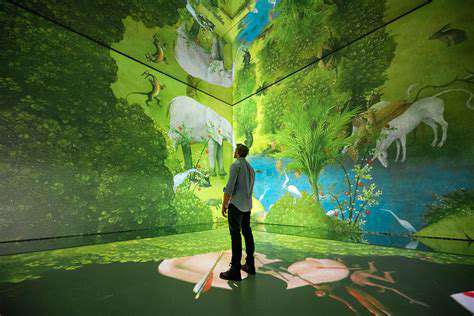
Read more about Virtual Reality Therapy: AI Immersing You in Healing
Hot Recommendations
- AI Driven Personalized Sleep Training for Chronic Insomnia
- AI Driven Personalization for Sustainable Stress Management
- Your Personalized Guide to Overcoming Limiting Beliefs
- Understanding Gender Dysphoria and Mental Health Support
- The Power of Advocacy: Mental Health Initiatives Reshaping Society
- Building a Personalized Self Compassion Practice for Self Worth
- The Ethics of AI in Mental Wellness: What You Need to Know
- AI Driven Insights into Your Unique Stress Triggers for Personalized Management
- Beyond Awareness: Actionable Mental Health Initiatives for Lasting Impact
- Creating a Personalized Sleep Hygiene Plan for Shift Workers
